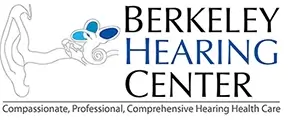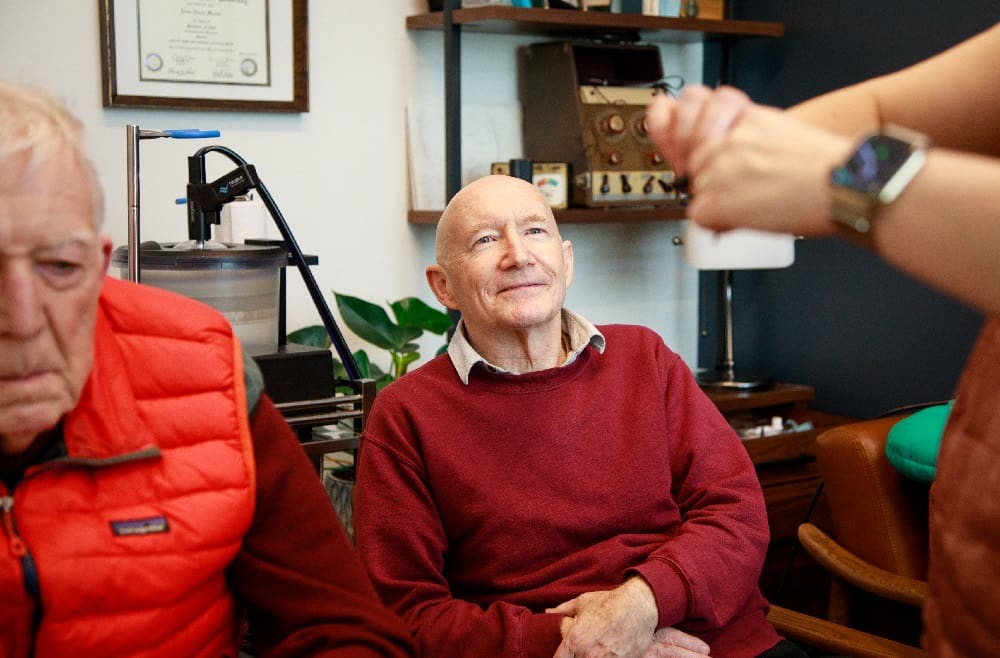2017-03-10
Jonathan Lipschutz Audiologist, M.S., F-AAA, Co-Owner
What we put into our bodies, from food/drinks to prescription/non-prescription medications, affects how our bodies work. From a young age, we are taught to eat healthfully-carrots for good eyesight, spinach for building muscle, drinking milk for strong bones, etc.
But does what we eat (or don’t eat) affect our hearing? Recent studies, in fact, do indicate a relationship between our diet and hearing loss.
These studies found that diets high in sugar and carbohydrates negatively impacts hearing, and diets high in cholesterol contribute to hearing loss normally associated with aging!
However, good ‘hearing nutrition’ doesn’t only consider those things that are bad for the ears; it also looks at what is needed to promote healthy hearing.
Hearing loss is one of the most common health problems in the United States, but few know that eating better can help protect or maintain one’s hearing.
Deficiency in nutrients like B12 and folate (or folic acid) can impair hearing. Folic acid deficiency specifically has been linked with high-frequency hearing loss. Some foods naturally high in these nutrients include cereals, leafy greens (broccoli, spinach, lettuce), asparagus, fruits (bananas, melons, lemons), mushrooms, and legumes.
As with many other health-related issues, omega-3 fatty acids are good for your ears too.
These unsaturated fatty acids occur naturally in fish (tuna, salmon, sardines, etc.). Studies have shown that those who eat two or more servings a week reduce their risk of age-related hearing loss by over 40%!
Research has also found that other vitamins and minerals (particularly Zinc, Magnesium, Vitamins D, E, and C) have beneficial effects on our hearing.
Thankfully, here in Northern California, we have an incredible bounty of healthy food to care for our whole body, including our ears.
Bon Apetit/B'tayavon/Buen Provecho!
Jonathan Lipschutz Audiologist, M.S., F-AAA, Co-Owner






